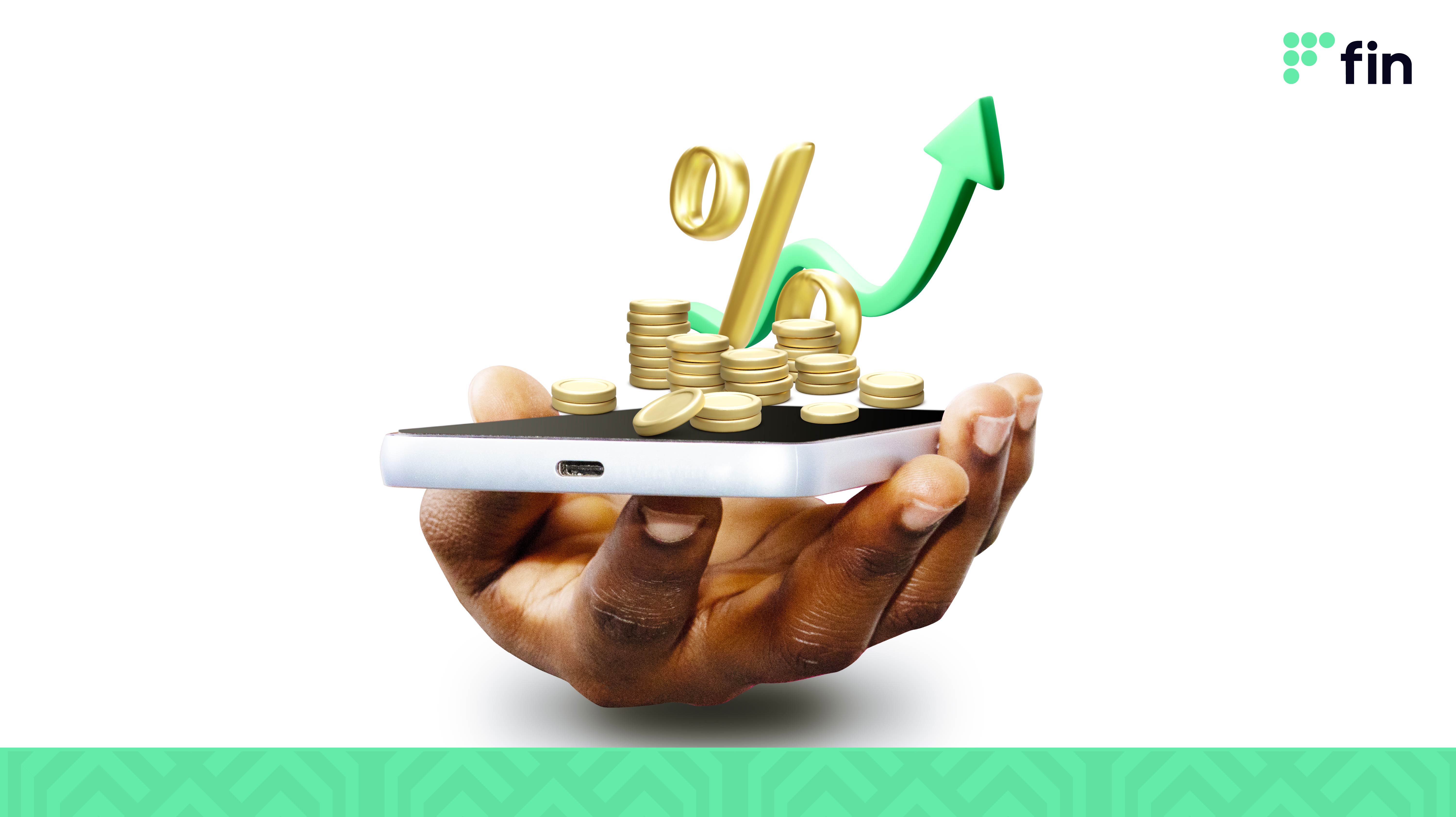Demystifying Interest Rates: What They Are and Why They Matter to You.
What exactly are interest rates, and why do they have such a massive impact on your wallet and the economy as a whole?

You hear the term “interest rates” on the news, see it mentioned when you apply for a credit card, and it’s a huge factor when buying a home or car. But what exactly are interest rates, and why do they have such a massive impact on your wallet and the economy as a whole?
Let’s break it down in this simple guide.
What is an Interest Rate?
At its core, an interest rate is the cost of borrowing money. Think of it as the “rent” you pay for using someone else’s money — whether that “someone” is a bank, a credit card company, or another lender. It’s expressed as a percentage of the total amount you borrow (the principal).
But it’s a two-way street. Interest is also the reward for saving. When you deposit money into a savings account, the bank is essentially borrowing your money, and they pay you interest as a “thank you.”
- When you’re a borrower: A higher interest rate means you pay more.
- When you’re a saver: A higher interest rate means you earn more.
Why Do Interest Rates Change?
Interest rates aren’t set in stone. They fluctuate based on several powerful economic forces:
- Central Banks: The most significant influence is the nation’s central bank (CBK). To manage the economy, the central bank sets a key interest rate. When it wants to cool down inflation, it raises rates to make borrowing more expensive and encourage saving. To stimulate a sluggish economy, it lowers rates to encourage borrowing and spending.
- Inflation: Inflation erodes the future value of money. Lenders demand higher interest rates during periods of high inflation to compensate for this loss in purchasing power when the loan is eventually paid back.
- Supply and Demand: Like any product, the price of money (the interest rate) is affected by supply and demand. If many people want to borrow money but there isn’t much available to lend, rates will go up. Conversely, if there’s a lot of money available for loans and not many people are borrowing, rates will fall.
The Ripple Effect: How Interest Rates Affect You
Changes in interest rates have a direct impact on your daily financial life:
- Mortgages & Car Loans: When rates go up, so do the monthly payments for new home and auto loans, making big-ticket items less affordable. When rates fall, it can be a great time to buy or refinance.
- Credit Cards: Most credit cards have variable interest rates. When the central bank raises its rate, your credit card’s Annual Percentage Rate (APR) will likely follow, increasing the cost of carrying a balance.
- Savings & Investments: Higher rates mean better returns on savings accounts, CDs, and other fixed-income investments. However, higher rates can sometimes make the stock market less attractive as safer, interest-bearing investments offer better returns.
The Bottom Line
Understanding interest rates is fundamental to making smart financial decisions. Whether you’re borrowing, saving, or investing, the prevailing interest rate will always be a key factor in the cost and the reward. By keeping an eye on interest rate trends, you can better position yourself to take advantage of opportunities and protect your financial well-being.
Dial *714# and stay ahead financially.


